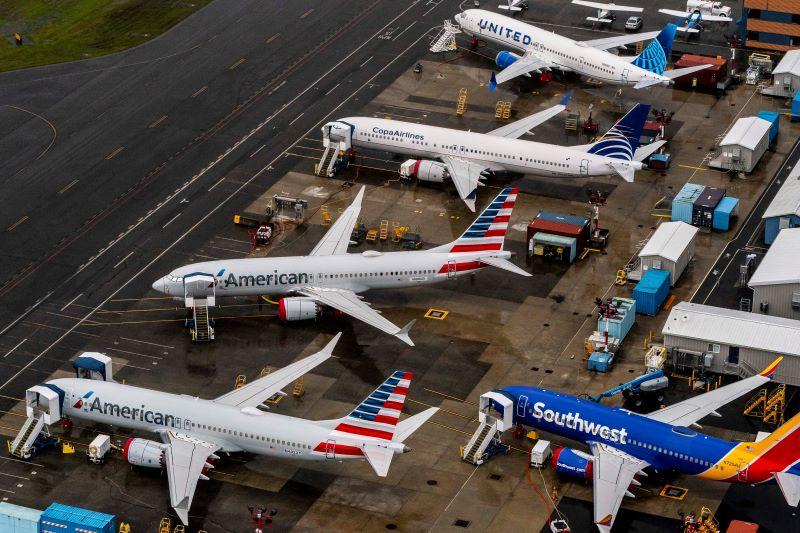
Credit: David Ryder / Getty Images
WASHINGTON—U.S. House transportation committee leaders plan to dig into production-quality issues that have held up deliveries of Boeing 787s and 737 MAXs and have grounded part of the 737 MAX fleet. Peter DeFazio (D-Oregon), chair of the Committee on Transportation and Infrastructure, and Rick...
Subscription Required
This content requires a subscription to one of the Aviation Week Intelligence Network (AWIN) bundles.
Schedule a demo today to find out how you can access this content and similar content related to your area of the global aviation industry.
Already an AWIN subscriber? Login
Did you know? Aviation Week has won top honors multiple times in the Jesse H. Neal National Business Journalism Awards, the business-to-business media equivalent of the Pulitzer Prizes.





